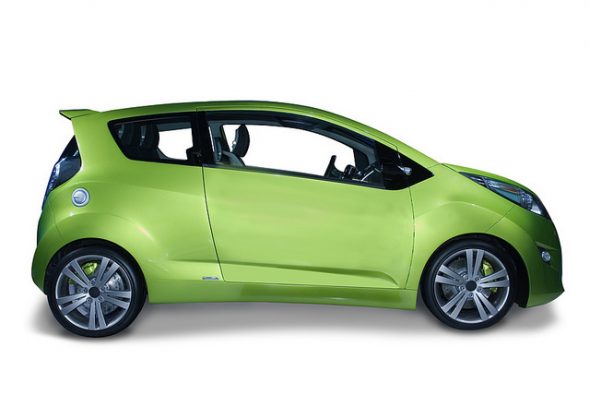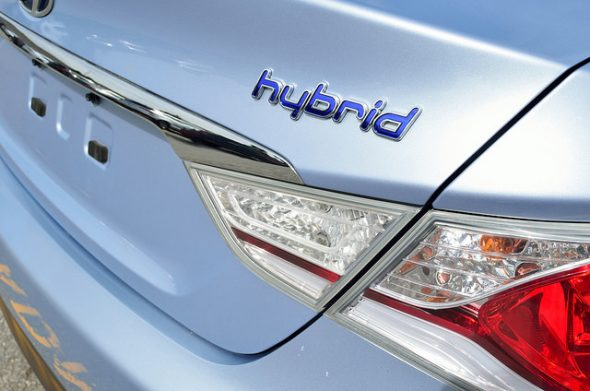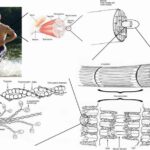Powering up an electric motor can now be done with fuel cell technology. Vehicles running on hydrogen fuel cell combine the power of oxygen and hydrogen in order to produce electricity. Contrary to conventional vehicles which run on diesel or gasoline, these are mainly powered by electricity. Thus, they are considered electric vehicles, but the refueling process and range of these units can be compared to conventional cars or trucks.
Main Features of Hydrogen Fuel Cell
Cars running on hydrogen fuel cell have certain features, such that would have environmental and recreational benefits as it uses electricity to run.

Refueling a fuel cell car can be compared to that of a conventional vehicle. These cars can also be taken for lease in which some of them will cover the refueling costs.
This technology is very suitable for larger vehicles having long distance routes because it combines fast and centralized way of refueling and recharging their batteries through a plugin.
Differences between Electric and Fuel Cell Vehicles
Requires Longer Periods of Recharging Time – Electric vehicles has an advantage as they run on battery and electric motor. Although cars running on battery electric may also use an existing infrastructure for recharging, they must be plugged in for longer periods of time.
Produce Less Pollution – Plugin hybrid electric vehicles can be similar to battery electric vehicles. However, they have conventional diesel or gasoline engines. Although considered not as clean as fuel cell or battery electric cars, they produce less pollution than conventional vehicles.

Can’t be Plugged In – Although they have conventional engines as well as electric motor and battery, conventional hybrids can’t possibly be plugged in. Despite the fact that these vehicles offer cleaner output, they derive their power from diesel and gasoline as they are not considered electric vehicles.



